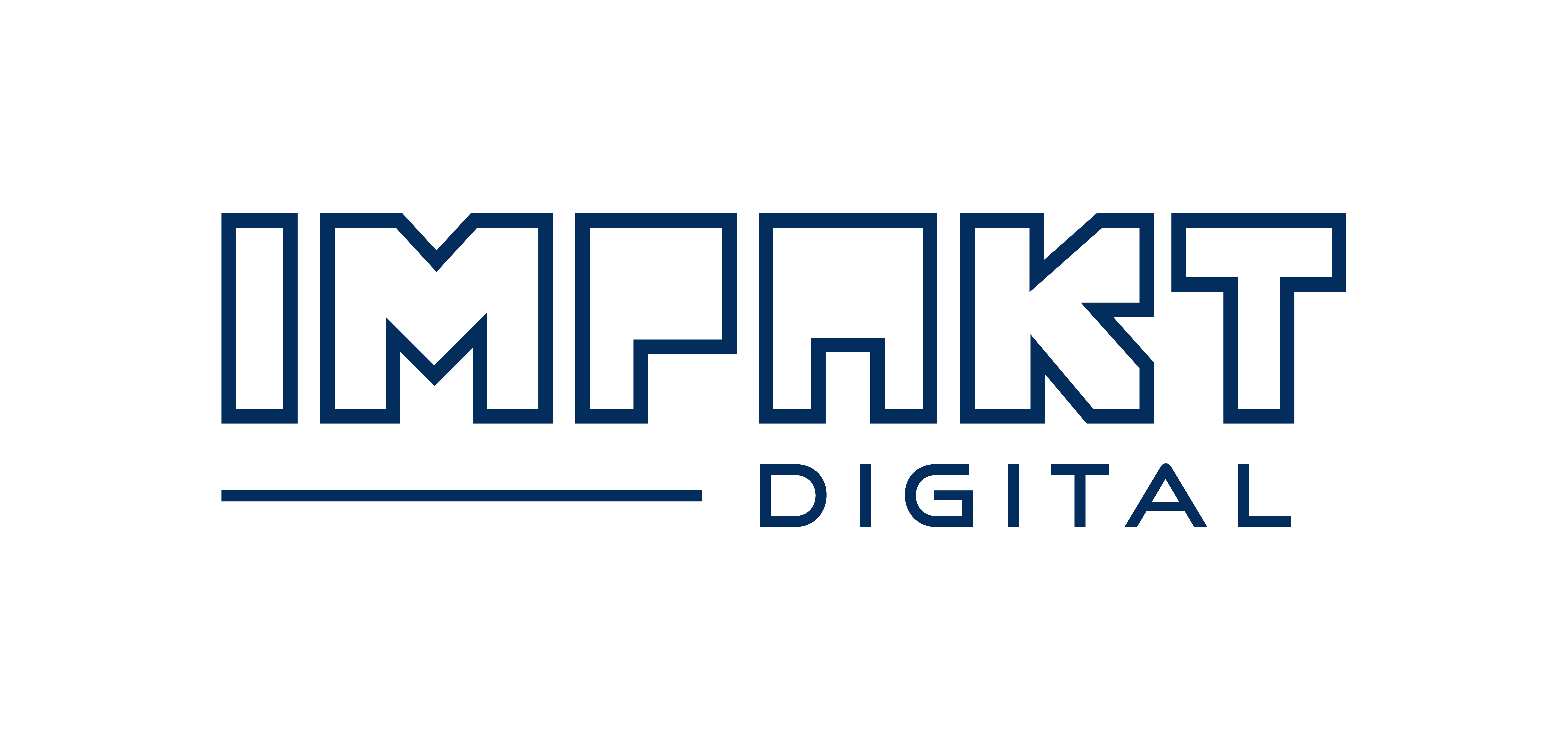
In today’s digital marketing landscape, businesses rely heavily on search engines to drive traffic, attract leads, and increase conversions. Two of the most powerful strategies for improving visibility on search engines are SEO (Search Engine Optimization) and SEA (Search Engine Advertising).
But what exactly are the differences between SEO vs SEA, and how do they impact your digital marketing strategy? In this article, we’ll dive deep into a side-by-side comparison, explaining the key differences, pros, and cons of each, and when to use them for maximum effectiveness.
SEO vs SEA: Key Differences
At a high level, SEO and SEA are two distinct approaches for achieving visibility on search engines. Both target search engine users, but they do so in different ways:
- SEO (Search Engine Optimization) focuses on improving your website’s organic (unpaid) ranking on search engine results pages (SERPs).
- SEA (Search Engine Advertising) involves paying for placement in the search results through advertising platforms like Google Ads.
Traffic Source: Organic vs Paid
- SEO brings in organic traffic—visitors who find your site naturally through search engine results.
- SEA drives paid traffic, meaning your website is displayed as a result of your ad campaign, and you pay for each click (Pay-Per-Click or PPC).
Short-Term vs Long-Term Results
- SEO is a long-term strategy. It can take months of continuous effort to achieve high rankings, but once you do, the results are sustained without ongoing payments.
- SEA delivers immediate results. Your ads are live and visible as soon as your campaign is launched, driving traffic instantly. However, once you stop paying for ads, the visibility disappears.
Cost
- SEO requires an upfront investment of time and resources for content creation, optimization, and ongoing adjustments.
- SEA, while quick and effective, can become expensive, especially in highly competitive industries.
What is SEO (Search Engine Optimization)?
Definition of SEO
SEO is the process of optimizing your website so that it ranks higher in organic search results. Search engines like Google use complex algorithms to determine the relevance and authority of your website based on various factors, including content quality, technical structure, and external links.
Key Components of SEO
- On-Page SEO: Optimizing website content, title tags, meta descriptions, and headers to make it more relevant to search queries.
- Off-Page SEO: Building backlinks from reputable sites to boost your website’s authority.
- Technical SEO: Ensuring your website’s technical aspects, such as load speed and mobile-friendliness, meet search engine standards.
Pros of SEO
- Long-Lasting Results: Organic traffic continues without further payments once rankings are achieved.
- Cost-Effective: SEO becomes more affordable over time compared to paid ads.
- Increased Credibility: Users tend to trust organic results more than paid ads.
Cons of SEO
- Takes Time: Results from SEO efforts can take months to appear.
- Ongoing Effort Required: SEO requires consistent updates to maintain rankings.
- Competitive: Achieving top rankings for competitive keywords can be difficult.
What is SEA (Search Engine Advertising)?
Definition of SEA
SEA, or Search Engine Advertising, refers to the practice of placing paid advertisements on search engines. The most common form of SEA is Pay-Per-Click (PPC) advertising, where businesses bid on keywords and pay each time their ad is clicked.
Key Components of SEA
- Keyword Bidding: Advertisers bid on search terms relevant to their business.
- Ad Copy and Quality Score: Search engines use ad relevance and user experience to determine ad placements.
- Campaign Monitoring: Successful SEA campaigns require regular tracking of metrics like click-through rate (CTR) and return on investment (ROI).
Pros of SEA
- Immediate Results: Ads provide quick visibility and traffic.
- Highly Targeted: SEA allows businesses to target specific audiences based on factors like location and behavior.
- Scalable: Advertisers can adjust their campaigns based on budget and goals.
Cons of SEA
- Costly: Ongoing payments are required to keep ads running.
- Temporary: Once you stop paying, visibility disappears.
- Click Fraud Risk: SEA campaigns can suffer from click fraud, driving costs without real conversions.
SEO vs SEA: When to Use Each Strategy
When to Choose SEO
- Long-Term Growth: If you want sustained traffic over time and improved brand authority, SEO is the best option.
- Limited Budget: SEO is more cost-effective in the long run.
- Content-Heavy Sites: SEO benefits sites with valuable content, such as blogs or resource hubs.
When to Choose SEA
- Immediate Traffic: If you need quick results for events or promotions, SEA can deliver fast traffic.
- Short-Term Campaigns: SEA is ideal for time-sensitive campaigns or sales.
- E-Commerce and Lead Generation: SEA works well for businesses looking to generate immediate conversions or leads.
Combining SEO and SEA for Maximum Impact
Rather than choosing between SEO and SEA, many businesses benefit from using both strategies simultaneously. This approach leverages the long-term growth potential of SEO and the instant traffic of SEA. For example, you can run SEA campaigns while building your SEO presence, allowing you to capture both paid and organic traffic. Once your SEO efforts pay off, you can reduce ad spend and still maintain visibility.
Related Reading – What is SEO-Rich Text? – Ultimate Guide
Conclusion
In the world of digital marketing, SEO vs SEA presents two powerful strategies that businesses can use to achieve success. SEO offers a long-term, cost-effective solution for building organic traffic, while SEA provides instant results through paid advertising. Depending on your business goals, combining both approaches may offer the best results for sustained growth.
At Impakt Digital, we understand that digital marketing isn’t one-size-fits-all. We specialize in creating personalized strategies for businesses, combining SEO and SEA to ensure maximum visibility and conversions. Whether you’re looking to improve your organic rankings or launch an effective ad campaign, our expert team will craft a tailored solution to help your business thrive. Visit Impakt Digital today to learn how we can elevate your digital marketing strategy.
FAQs
What is the difference between SEO and SEA?
SEO focuses on optimizing your website for organic rankings, while SEA involves paying for ads to appear in search results.
What does SEA stand for in SEO?
SEA stands for Search Engine Advertising, referring to paid advertising on search engines.
What is SEA in Google?
SEA in Google refers to ads displayed through Google Ads, where businesses pay for placement based on keyword bidding.




